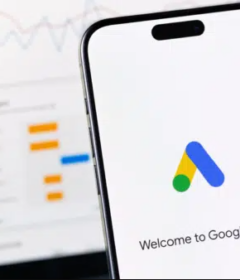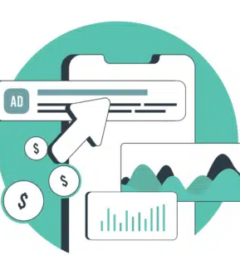How will Google’s Search Generative Experience impact PPC marketing?
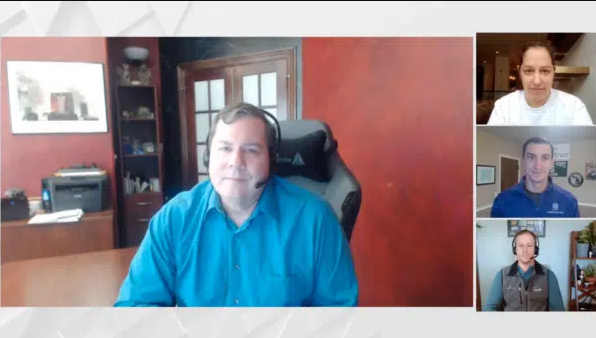
Google’s Search Generative Experience (SGE) has the potential to revolutionize PPC, presenting both unprecedented opportunities and challenges for marketers.
A roundtable of experts examined how our industry might change at SMX Next.
Brad Geddes, co-founder of Adalysis, spoke with Jyll Saskin Gales, marketing Consultant at Jyll.ca, Greg Kohler, senior digital marketing manager at ServiceMaster Brands, and Aaron Levy, VP of paid search at Tinuiti.
Below is a summary of what they had to say.
What is SGE?
SGE is a big change from how searches usually work.
Before, Google showed 10 blue links for user queries, and clicking on them took users to websites, generating traffic.
With SGE, the process changes — answers to queries are given directly in the search results, removing the need to click on links. This shift could have a significant impact on website traffic. As Geddes explained:
- “Regardless of the search query, you’re going to see answers and prompts where you can continue to click through and refine your query or get more information without ever leaving a search result.”
- “The machine learning can change the search query without users doing anything differently.”
Ads within SGE
Ads appear both above the SGE result and directly below it. However, ad placement could change when the feature is rolled out, according to Geddes:
- “Google cares about stock prices and how often ads are clicked on. So I think we can expect even more integration before SGE is live.”
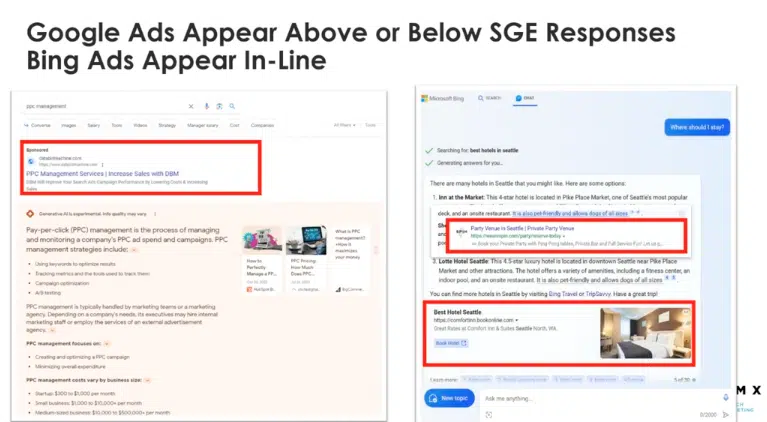
Uptake of SGE
SGE is expected to impact search and digital marketing, but the group believes widespread adoption won’t happen soon. Because of this, Gales doesn’t expect significant changes to PPC metrics in the near future. She explained:
- “I don’t think adoption of SGE will be as widespread for the foreseeable future as you might think.”
- “Remember when voice search was supposed to be the next big thing? Then it was Google Assistant. [Digital marketers] are all plugged into SGE because we’re marketers, but I don’ foresee the general public adopting it in the same way.”
The issue with SGE
The group agreed that while SGE can answer a wide range of queries, it often gives inaccurate responses, especially in proximity-based searches. This could impact how widely SGE is adopted. Levy explained
- “I don’t think SGE will reach critical mass until it gets to a point when numbers outweigh incorrect answers. Perhaps in the three to five-year range, once everyone gets used to it.”
- “I also don’t think SGE will be the right source for every type of query either. So I don’t know that it will ever be the only experience that we have.”
Impact on CTR
Once SGE is fully implemented, the group believes advertisers will see a substantial impact on click-through rates (CTR). Levy noted that his Google Ads representative has already started guiding him away from focusing on metrics like CTR.
- “It feels like they’re conditioning us to not look at metrics like CTR anymore and just look at things like cost per action (CPA) and return on ad spend (ROAS) instead. The same could be said for cost per click (CPC).”
- “I think all of us have opinions here that CPCs can be too high. But they’re certainly shifting the dialogue away from looking at CPCs and more looking towards pure return.”
- “With that said, I don’t anticipate a huge swing in what I would consider true performance metrics. I don’t see that changing too much. It would throw too much of a wrench and everyone’s advertising plans – and probably Google’s earnings as well.”
PPC and SEO to come together?
While Gales doesn’t anticipate major changes to PPC metrics soon either, she envisions SGE altering how SEO and PPC experts collaborate. As search behaviors and results evolve, PPC and SEO marketers will work more closely together, she said:
- “As marketers, we’re used to being super specialized, but those specialties are merging more and more because it’s all just about providing one intent-rich experience for users.”
- “So we’re going to have to work much more closely with practitioners and other marketing disciplines in the near future.”
The impact on keyword research
Gales explained that many in the industry believe the era of heavily relying on specific keywords is fading. There’s a shift towards a dynamic, feed-based approach, where having a well-optimized website and using conversion tracking are becoming crucial.
This change means Google’s algorithms, drawing information from various sources, play a larger role in targeting and creativity.
The future might involve users finding what they need directly on Google, reducing the emphasis on selecting the perfect keyword and match type. Instead, the focus is on optimizing the website for both Google algorithms and human understanding.
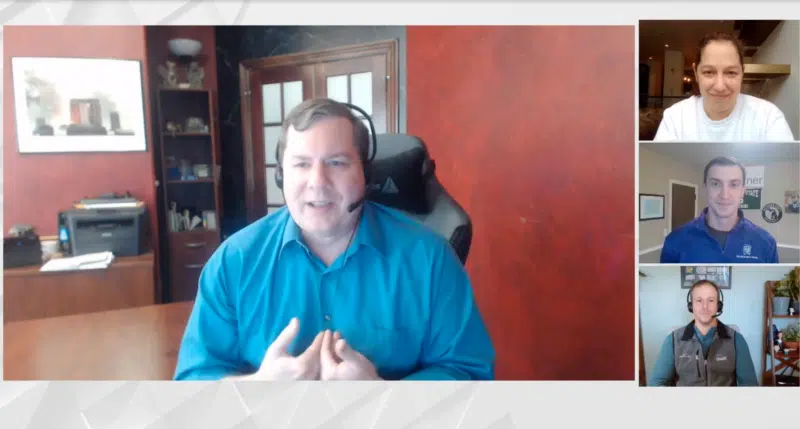
A new approach
After SGE is launched, overall search volume is expected to stay the same. However, search suggestions might change based on trends and user behavior, according to Kohler. He predicts advertisers will be more interested in upper-funnel content, like display and video ads, affecting the economic model and increasing ads in those areas.
Kohler doesn’t see Google controlling user searches but expects a shift in guiding users toward final questions. This is likely to influence econometrics but not necessarily search volume.
How does this affect how you write the ads?
The challenge for Google with SGE is to smoothly integrate ads in a natural and conversational way, avoiding a salesy tone. The current method, where call-to-action phrases are condensed, could sound awkward in the middle of a conversation.
Unlike Bing’s pop-up ad style, Google’s approach demands a change in how we write ads. Levy elaborated:
- “What we are going to have to do is make sure that each individual piece of an ad, each asset, or extension will stand alone and won’t be missing anything.”
- “I’m curious to see if Google is going to try to start rewriting ads, and what that will wind up doing in sensitive industries.”
Competitor research and SGE
The group agreed that considering what competitors are saying is valuable, but it’s essential to take it with a grain of salt. The challenge is to determine if they are being unique or merely following Google’s RSA suggestions.
In a competitive landscape, where many use similar phrases, standing will become more crucial than ever. As Kohler explained:
- “If you’re a plumber bidding against other plumbers, and every single one of them says ‘Milwaukee’s best plumber’, you’ll have to think about how to position yourself to stand out.”
- “Always look at what your competitors are saying, but also, what are they showing up for.”
Time to develop new skills
Gales advised PPC marketers to broaden their skillsets in anticipation of SGE’s rollout. She emphasized that the days of exclusively focusing on keyword research, fine targeting, and attribution are over.
Now is the opportune moment to start honing skills in video creation, copywriting and comprehensive marketing strategies that go beyond traditional ad platforms. Gales added:
- “If you’re a search marketer and you’ve never tried to create a video before, if you’ve never worked on your copywriting skills, you’ve never put together a marketing strategy beyond just what happens in Bing Ads or Google Ads, now is the time to learn.”
- “Start developing those skills because these things are converging and being just good enough won’t be good enough anymore in an SGE world.”
- “You will have to be the best, or you will not last.”
The message is clear: in the world of SGE, being average isn’t sufficient.
It’s crucial to excel and be the best, emphasizing the need for a diverse skill set to succeed in this changing marketing environment.

